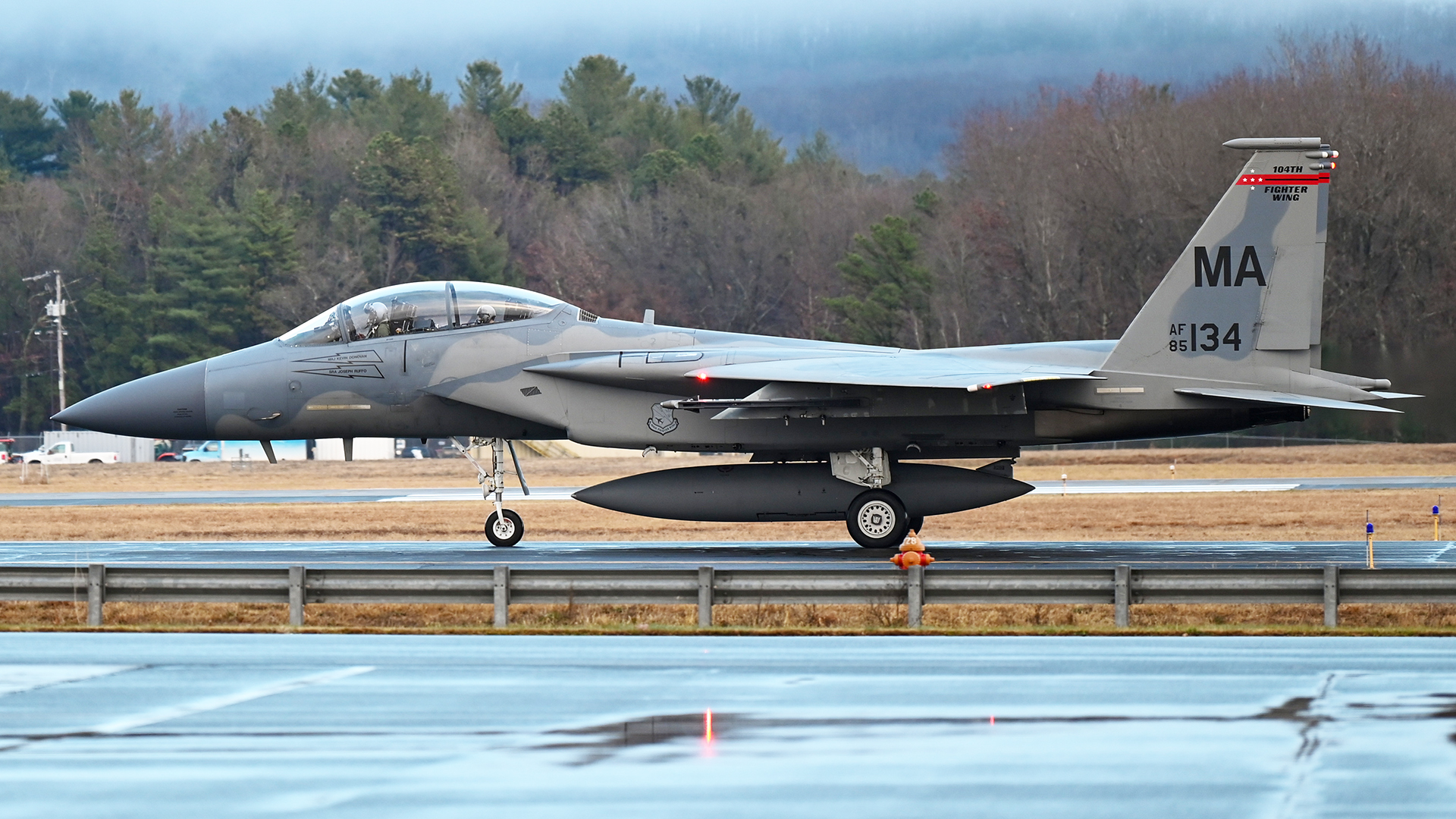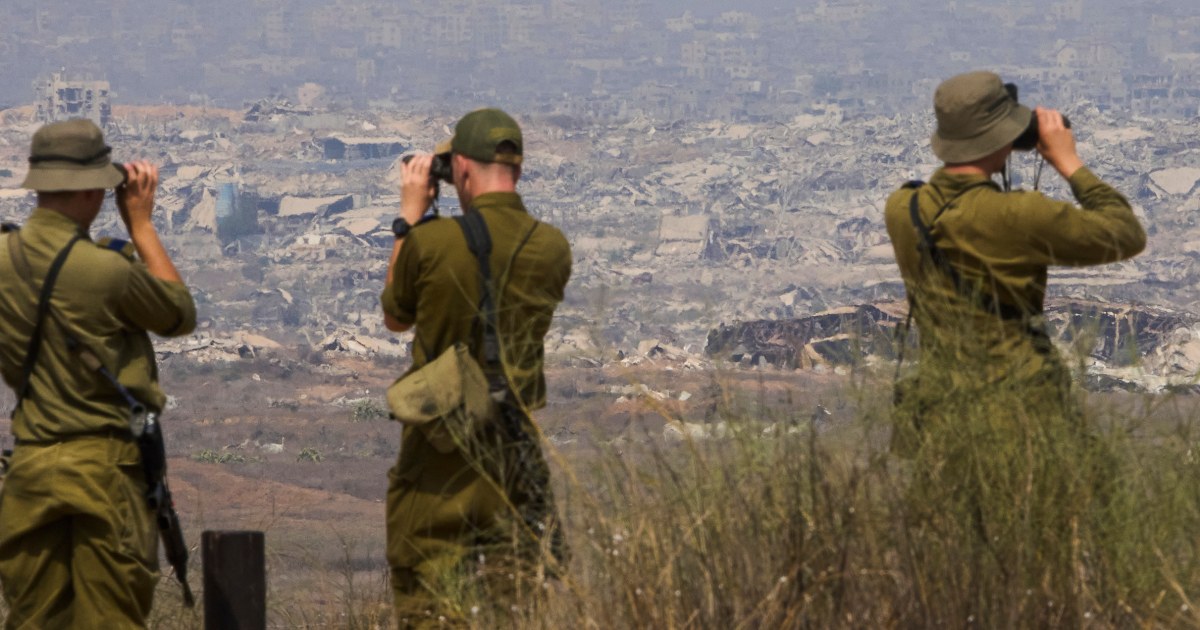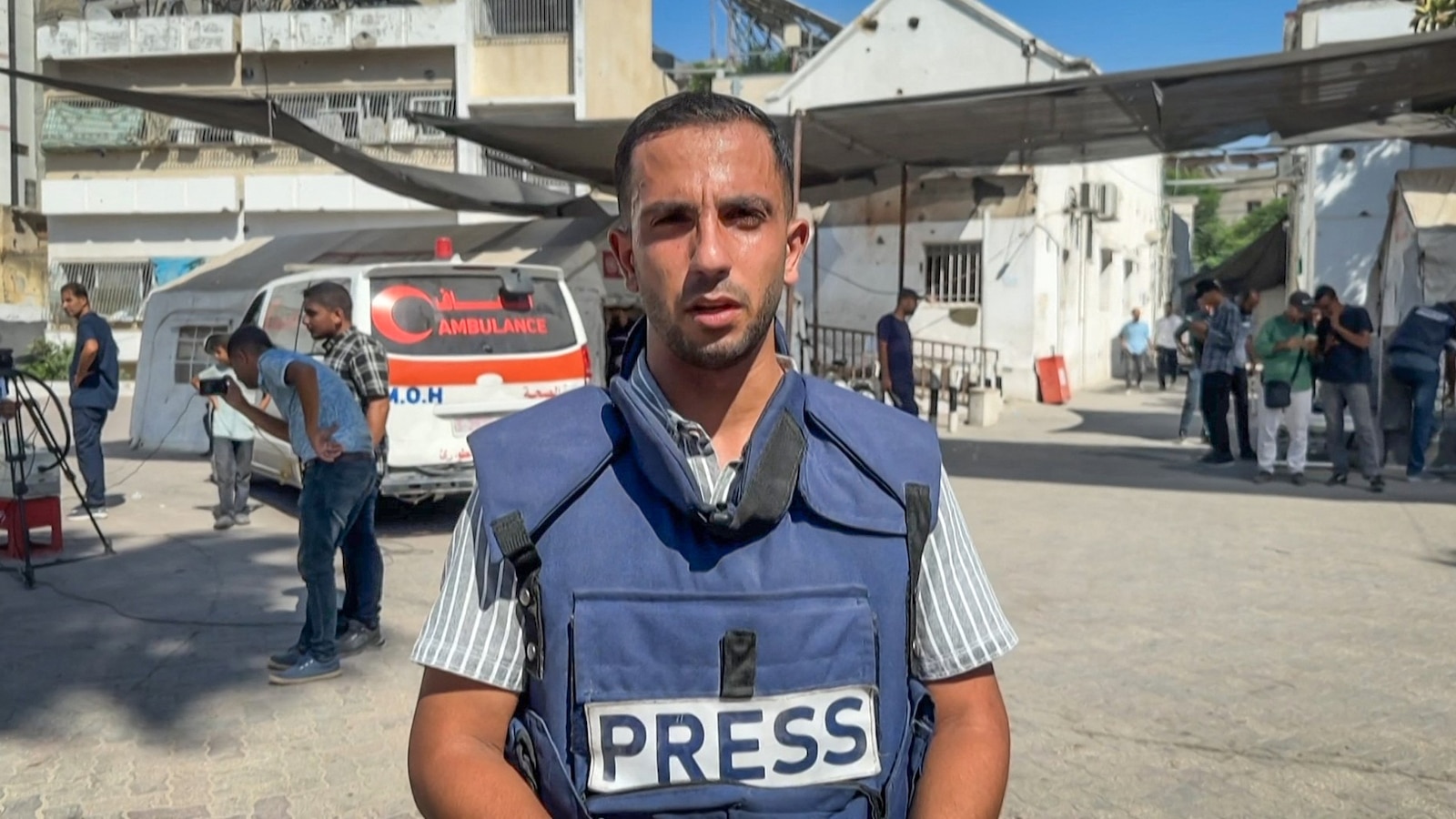Escalating Tensions: Pakistan Claims Indian Missile Strikes, Retaliation Underway

ISLAMABAD, Pakistan — In a dramatic escalation of hostilities in South Asia, Pakistan has accused India of launching missile strikes on three of its airbases on Saturday, a claim that has heightened fears of conflict between the nuclear-armed neighbors. Officials in Pakistan stated that most of the Indian missiles were intercepted, but they confirmed that retaliatory strikes were being initiated in response to what they label as blatant aggression from India.
The Pakistani military reported that it deployed medium-range Fateh missiles aimed at an Indian missile storage facility as well as airbases located in Pathankot and Udhampur. As is often the case in such high-tension scenarios, independent verification of the actions from both nations remains elusive, leaving much to speculation and concern.
Army spokesman Lieutenant General Ahmad Sharif addressed the situation, reassuring that Pakistan's air force assets remained secure following the Indian missile strikes. He noted that some of the Indian missiles had also impacted areas in India’s eastern Punjab region, indicating that the conflict was affecting both sides. “This is a provocation of the highest order,” Sharif stated, underscoring the gravity of the situation. However, as of now, there has been no immediate response from the Indian government regarding these claims.
Amid this rising tension, state-run Pakistan Television reported that Prime Minister Shehbaz Sharif convened an urgent meeting of the National Command Authority, the governing body responsible for overseeing Pakistan's missile program and other strategic military assets. This meeting highlights the seriousness with which the Pakistani government is treating the situation—signaling that the country is prepared to take significant military measures.
The conflict’s roots can be traced back to a tragic attack on April 22, which targeted a popular tourist site in the region of India-controlled Kashmir, resulting in the deaths of 26 civilians, most of whom were Hindu tourists. India has accused Pakistan of orchestrating the attack, a charge that Islamabad vehemently denies, leading to a cycle of accusations and military posturing that has only intensified in the weeks that followed.
In a diplomatic move, U.S. Secretary of State Marco Rubio reached out to Pakistani Army Chief Asim Munir on Friday, calling for both nations to de-escalate tensions. According to State Department spokesperson Tammy Bruce, Rubio urged both parties to “find ways to deescalate” and offered U.S. assistance in facilitating constructive dialogue to prevent further conflicts.
On the day of the Indian missile strikes, the targets included the Nur Khan air base in Rawalpindi, which is close to the capital city of Islamabad, as well as the Murid air base in Chakwal and the Rafiqui air base in the Jhang district of eastern Punjab. Interestingly, there were no reports from the media suggesting that residents of Rawalpindi, a densely populated urban area, had heard or seen the strikes or their aftermath, which raises questions about the actual impact of these military actions.
Following the announcement of Pakistan’s retaliatory measures, residents in Indian-controlled Kashmir reported hearing loud explosions in multiple locations across the region. This included significant urban centers like Srinagar and Jammu, highlighting the conflict's potential to spill over into civilian areas. Shesh Paul Vaid, a former top police official in Jammu, remarked, “Explosions that we are hearing today are different from the ones we heard the last two nights during drone attacks. It looks like a war here.”
Srinagar, while appearing calm initially, saw residents near the airport—also serving as an air base—expressing their fears, particularly after hearing two loud explosions that startled children awake. Mohammed Yasin, a local resident, shared, “I was already awake but the explosions jolted my kids out of their sleep. They started crying.”
Praveen Donthi, an analyst at the International Crisis Group focused on India, expressed deep concern over the situation, suggesting that the two nations are effectively in a state of war, despite not officially labeling it as such. “It’s become a remorseless race for military one-upmanship with no apparent strategic end goals from either side,” he stated, emphasizing the urgency of finding a diplomatic resolution as civilian casualties mount.
As the situation escalates, India’s military confirmed that they had destroyed multiple armed Pakistani drones spotted over a military cantonment in Amritsar, Punjab. An official statement from the Indian Army declared, “Pakistan's blatant attempt to violate India's sovereignty and endanger civilians is unacceptable.”
In response to the crisis, Pakistan's civil aviation authority grounded all flight operations across its airports, while many citizens in major Pakistani cities expressed support for their armed forces, with some chanting slogans of solidarity. “Thank God we have finally responded to Indian aggression,” voiced Muhammad Ashraf, who was out for breakfast in Lahore.
Meanwhile, the Indian military reported that drones were detected in 26 locations across various Indian states bordering Pakistan, including Indian-controlled Kashmir, and they assured that prompt actions were being taken against these aerial threats.
The ongoing exchanges of strikes and heavy cross-border fire have led to civilian casualties on both sides and have heightened the urgency for international intervention. The Group of Seven nations (G7) has urged both India and Pakistan to exercise “maximum restraint,” warning that continued military escalation poses a significant threat to regional stability.






























